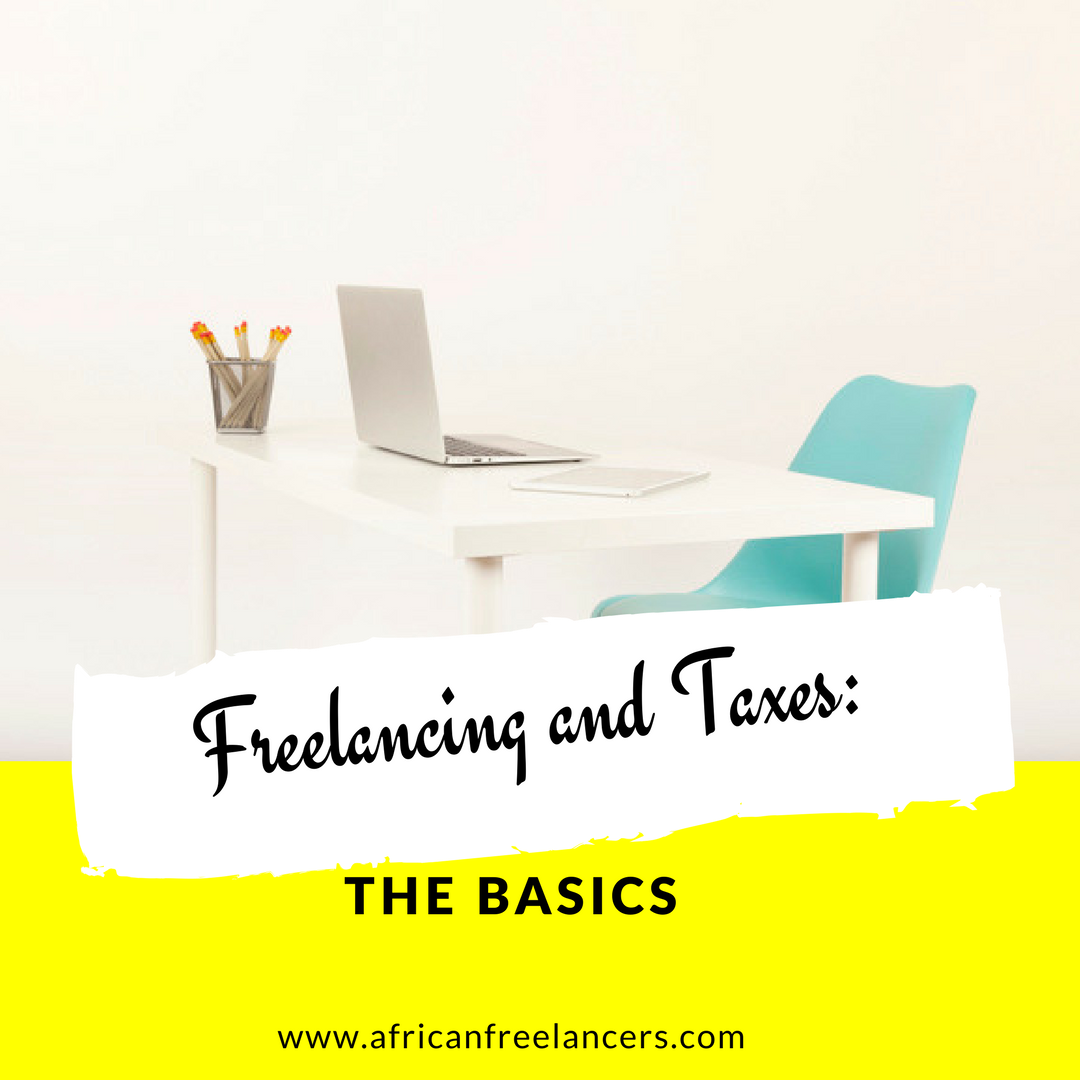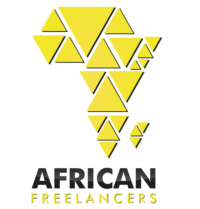Tax is an essential part of every developed society. At a certain time of the year, tax authorities come knocking at the doors to collect taxes, and freelancers are not exempted from this. The smart people during these times are those who have filed their taxes and the others who haven’t have the law on their necks. This article will furnish freelancers with the basics of taxation.

What is tax?
Tax is a compulsory contribution to state revenue, levied by the government on workers’ income and business profits, or added to the cost of some goods, services, and transactions. There are different types of taxes which include Personal income tax, Companies income tax, Value added tax, Withholding tax, Education tax and more, however freelancing is mainly concerned with personal income tax.
Each government has statutory bodies empowered with the burden to collect taxes. For example, in Nigeria, there are state internal revenue services for each state and a Federal inland revenue service for the federation. Each of these bodies has certain duties or taxes they collect as contained in the Taxies and Levies Collection List (1998). Other tax authorities include SouthAfrica revenue service (SARS), Kenya revenue service et.c.
What is Personal Income Tax?
Personal Income Tax (PIT) is a direct tax levied on income of a person. A person means an individual, an ordinary partnership, a non-juristic body of person and an undivided estate. In general, a person liable to PIT has to compute his tax liability, file tax return and pay tax, if any, accordingly on a calendar year basis. For people working in companies or government agencies, their taxes are previously deducted before salaries are paid through the Pay As You Earn (PAYE) system. This process is much simpler as employees do not need to calculate their taxes by themselves. It is calculated and remitted to the appropriate agencies by their companies.
However for self-employed people, the situation is much different, the task is much harder as keeping of records and filing of taxes are done solely by the business owner. Freelancers are mostly categorised under sole proprietorship and this why every freelancer needs to know about taxes.
In many African countries, due to lapses in tax administration, many freelancers operate in the informal sector which is mostly unregulated, unrecorded, and untaxed. This has resulted in a large number of freelancers defaulting and having backlogs of unpaid taxes without being prosecuted for them. Nevertheless, payment of taxes is a civic duty that every income earner must fulfil. Here are certain things every freelancer must know about taxes.
Deciding on type of business
As a freelancer, you have to decide on what type of business you run. You can either be registered as a sole proprietorship or a company. A sole proprietorship applies to businesses with only one person i.e the freelancer, while a company refers to a business consisting of a larger number of people. As a sole proprietor, you conduct business in your name and the freelancer is the same as the business, for a company, however, there as difference between the person and the business as such business is run as a separate legal identity. Making the right choice of what type of what form of business to be registered under is important because this would affect the way tax officials would treat your business. The choice of form also depends on certain things such as the structure of the business. One general advice for freelance businesses with only one person is to get registered as sole proprietorships.
Separating personal expenses from freelance earnings
Many freelancers conduct their business on a personal basis in the sense that money earned from freelancing go into their personal pockets. Due to this, most freelancers see no need for keeping separate records of personal earnings and expenses from those related to freelancing. When it comes to taxes, however, this is not a good practice. A freelancer should be able to keep track of his taxable income, deductions and other related things by keeping a well-detailed record of his business activities and separating those records from other things.
Deductions
Deductions can be regarded as reliefs or subtractions that can be made on the total tax liability. They include certain expenses that are incurred in the course of carrying on business or expenses incurred for the purpose of business. As a freelancer, you’ll be able to deduct a lot more expenses, deductions that aren’t available to employees. Deductions you can make may include things like the costs associated with your home office, travel expenses, costs related to entertainment and meals, your Internet access, your cellphone package and any other reasonable and legitimate costs which you incur as a result of running your own business. This information would be important next time you are calculating your tax liability.
Dear freelancers, tax is not very complex if you know the basics and plan carefully. The information in this article would give you a head start and provide some clarification. Read more and do some findings about local rates and practices.
Finally, if you feel it would not be efficient to calculate your taxes by yourself, there are tax professionals who can help you with it. Spending money to employ tax professional is much smarter than evading and being on the wrong side of the law.






